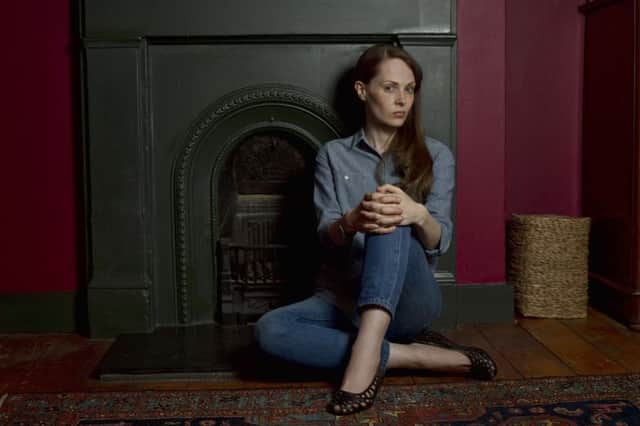Everybody hurts


Neve, like other Riley protagonists – Aislinn in Opposed Positions, Esther in Sick Notes – is a young writer, cleft between needing to be loved and wanting to love. In this iteration of the theme, Neve has started to live with an older man, Edwyn; another writer. Cohabitation, and marriage, is hoped for as a kind of closure, or breach, rather than a beginning. As with Emily Witt’s recent Future Sex, the narrative of desire culminating in freedom from desire is found to be problematic at best, toxic at worst. But the precision with which Riley incises these issues is never short of remarkable.
Neve is caught between the opposing forces of other loves. There is her father, a man who literally ate himself to death, and who exercised “a capricious rule” over Neve as any “tyrant child” would. Her mother bounces around with the kind of optimism that only deep and abiding depression can inflict: when they go to the cinema together, her mother insists on sitting on her own, because she always goes to the cinema on her own. There is Michael, the American musician and former off-again, off-again fling; and finally Edwyn, whose endearments – “little compost heap”, “little cabbage” – already contain the vitriol that seethes through the novel. A paragraph later he is saying to her “Just so you know… I have no plans to spend my life with a shrew. Just so you know that. A fishwife shrew with a face like…”
Advertisement
Hide AdAdvertisement
Hide AdI don’t know if “funny” is the right word for a book so specific about hurt and harm, but there is a strange levity about First Love. The scenes with Neve’s mother in particular have an observed absurdity that seems like a flintier, more sarcastic version of Alan Bennett.
Part of what makes this such a memorable novel is a stereoscopic quality. Riley specialises in narrators who are both frighteningly self-conscious and yet obtusely unaware. They narrate with confidence about their own experience, and yet there is a kind of block beneath the fluency, an unsaid, unadmitted resistance. Edwyn, in the story, capitalises on this. He uses the possibility of explaining Neve to herself – how her father, her mother, her past all influence her present – as a kind of weapon. Some of these scenes are as giddyingly poisonous as George and Martha’s exchanges in Edward Albee’s Who’s Afraid Of Virginia Woolf?
Riley’s prose makes all this a faintly nauseous delight. There is such damage wrought and pain caused, it makes it even worse that the prose is so lithe. The grubbiest of matters is told in pristine prose. Crows “execute” their strut, with all the ominous implications of that verb.
Of her father, Neve says: “One wrong word unlatched a sort of chaos.” Never mind that this is a poetic pentameter, the use of “unlatched” where a lesser writer would have used the cliché “unleashed” implies a kind of premeditation.
Advertisement
Hide AdAdvertisement
Hide AdOr take this painful cadenza on the narrator’s grandmother being – as her father likes to point out – “filthy”. “She did wash – herself, her clothes – but, inalienably mindful of the cost, she used cold water, and in the machine, just a snuff-pinch of soap and then a drop of TCP. So – wash isn’t the word, is it? She conscientiously got herself and her clothes wet; the effectiveness of this enterprise: not relevant, somehow.” The poetry of this is on the level of the punctuation.
There is no simple ending. The last moments the reader spends with Neve might be a yearning, and might be a dismissal. It might be the end, or it might be another caesura in a cycle of needing to be and hating to be alone.
It is a plagal cadence, a wistful, imperfect resolution, a kind of blessing in its own way.